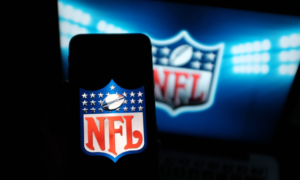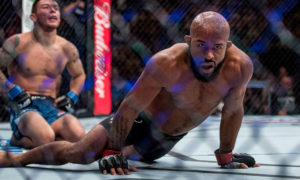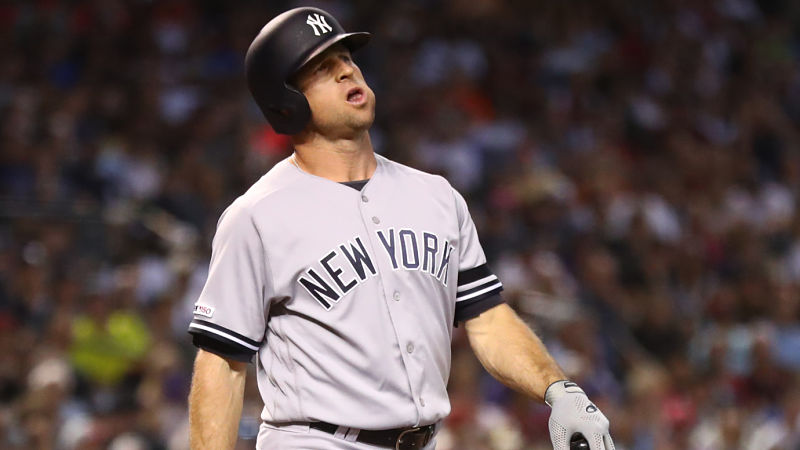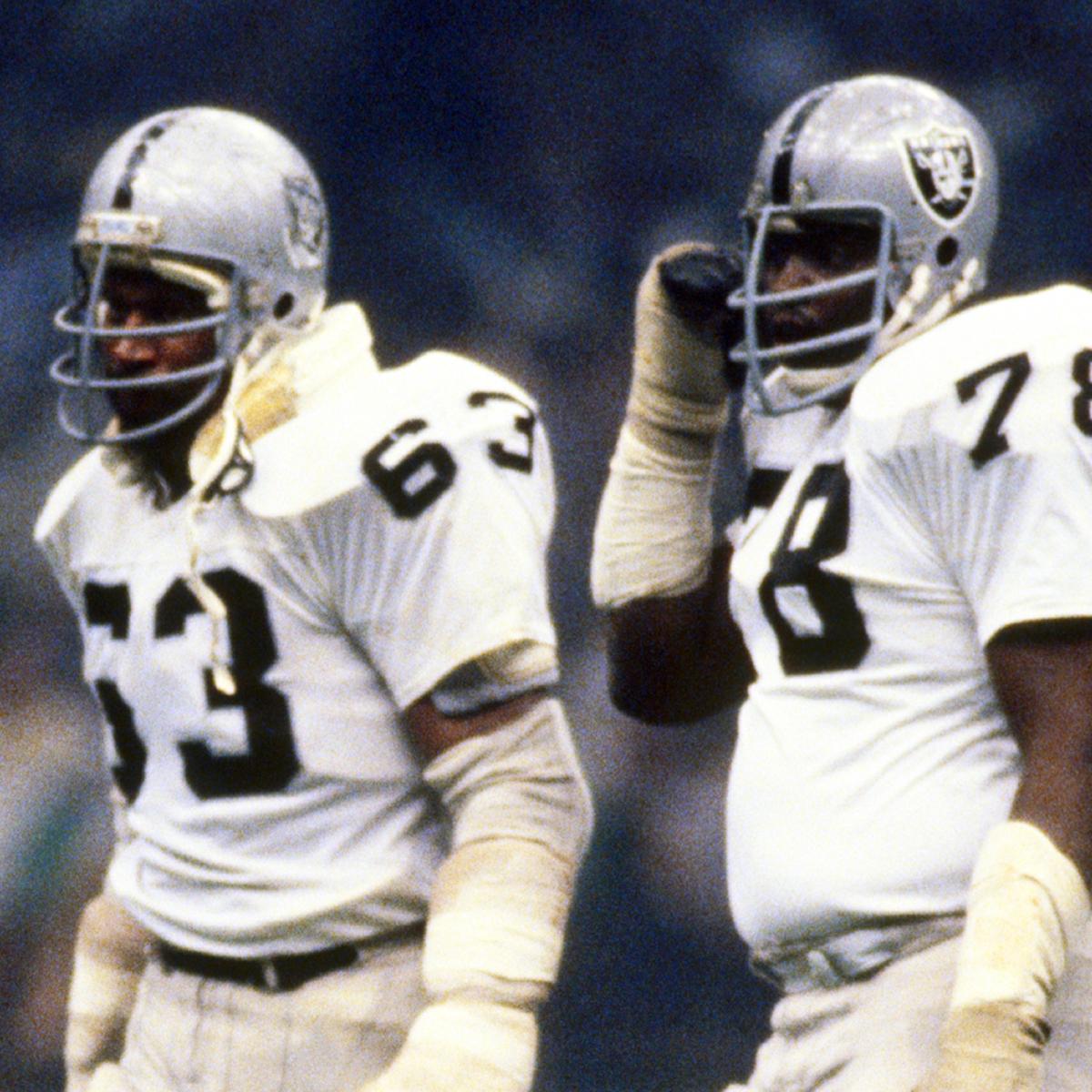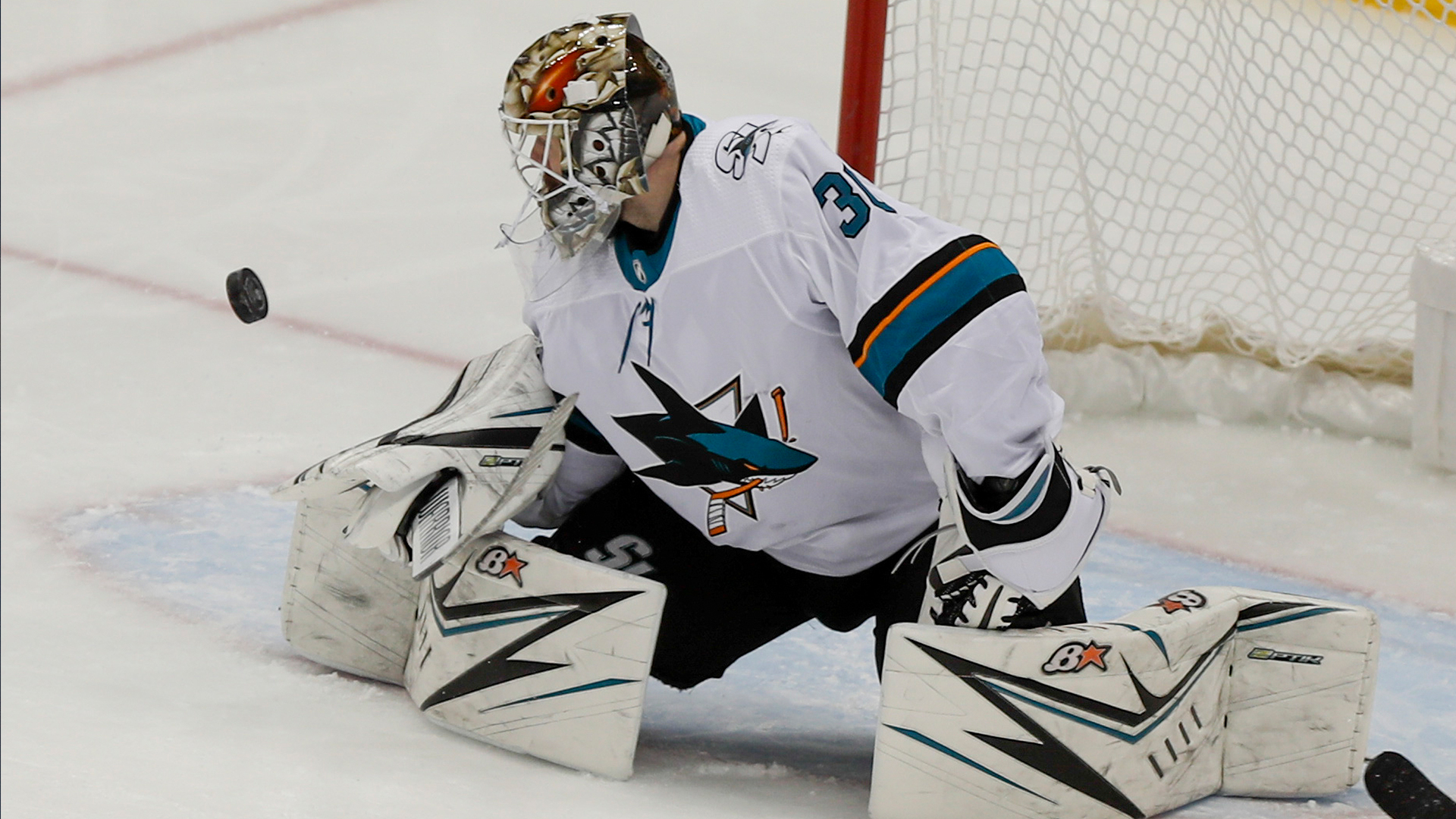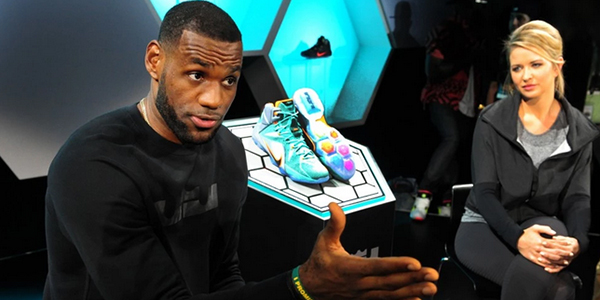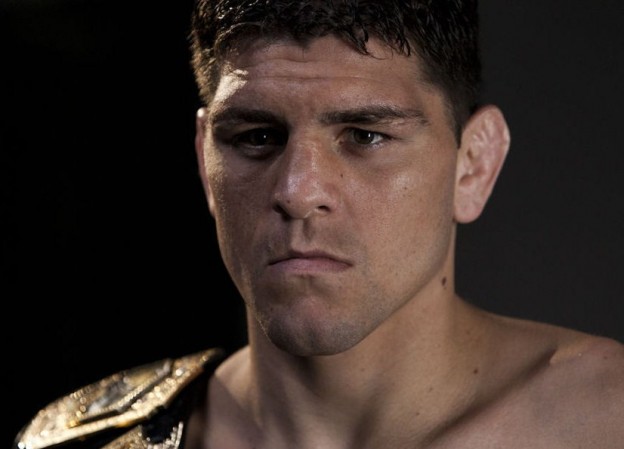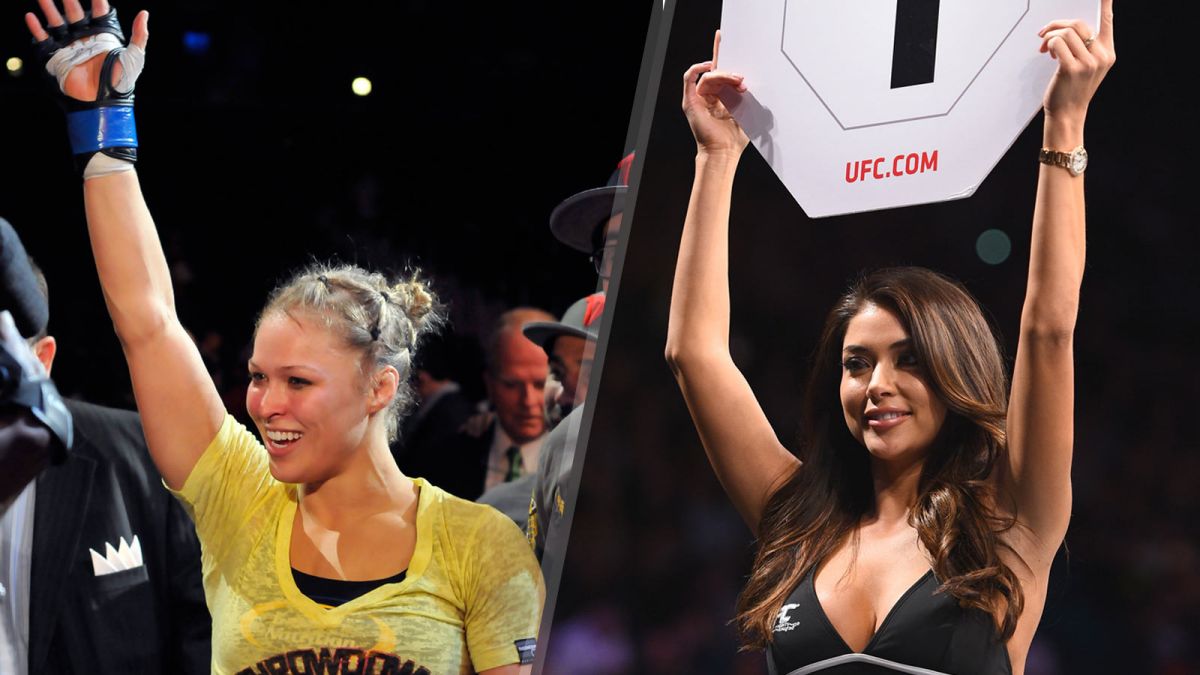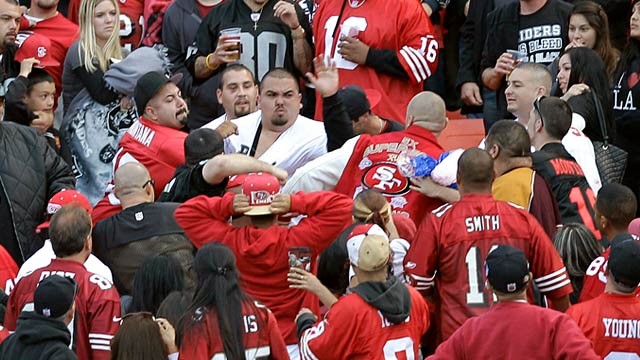Anthony Davis’ leap to the next level headlines three thoughts on the Lakers’ 124-114 win over the Heat in Game 2 of the NBA Finals.
Three thoughts on the Lakers’ 124-114 win over the Heat in Game 2 of the NBA Finals:
We are watching Anthony Davis leap to the next level
We knew Davis was good. All-Star appearances, All-NBA slots, defensive accolades, etc. This postseason—and these Finals specifically—are elevating Davis to great.
After averaging 30 points in the first round against Portland, 25 against Houston and 31 against Denver, Davis is playing out of his mind against Miami. He followed up a 34-point performance in Game 1 with 32 in Game 2. He shot a ridiculous 75% from the field. He led a devastating interior assault that finished with the Lakers shooting 58% from inside the arc. He pulled down eight offensive rebounds, at times yanking them out of the air while three or four Miami players watched.
In a series LeBron James—who put up a gaudy 33-point, nine-rebound, nine-assist stat line—is playing in, Davis has often been the best player on the floor.
This is what Davis wanted: a chance, after two playoff appearances in seven years in New Orleans, to compete for a championship. In his first opportunity, he is thriving.
Miami isn’t in a 2-0 hole because they were down Bam Adebayo and Goran Dragic in Game 2. But the absence of two of the Heat’s top players has taken much of the suspense out of this series.
Kelly Olynyk was effective offensively, but he was the middle man of a Heat defense that was shredded (50.5%) by the Lakers offense. Miami’s zone—effective for stretches against Boston—was torched for the second game in a row. Not that the man defense was any better: The Lakers drove for 18 points in the paint in the first quarter, including four dunks, to take a commanding lead that they wouldn’t give back.
More problematic for the Heat: The Lakers bombed away from three-point range—L.A.’s 47 three-point attempts were a Finals record—and they weren’t especially sharp, with L.A.’s starting backcourt of Danny Green and Kentavius-Caldwell Pope combining to shoot 3-for-19 from deep. So, yes, Miami can play better (more on that below); but the Lakers can, too.
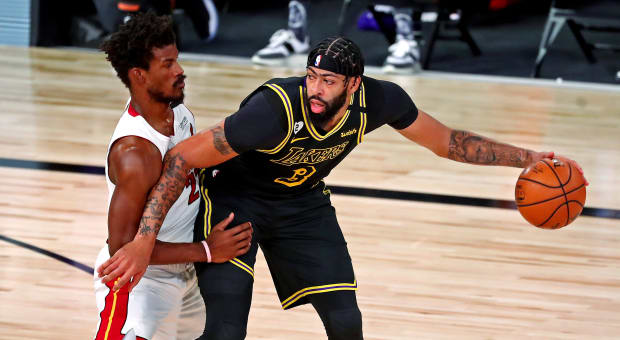
Rajon Rondo continues to make an impact
If Dwight Howard has been a bargain on a one-year, non-guaranteed contract, Rajon Rondo has been a steal. Rondo, who re-signed with the Lakers on a one-year deal for the veteran’s minimum last summer, submitted another terrific stat line, chipping in 16 points and 10 assists in 26 minutes, building on the seven-point, four-assist effort in Game 1.
Rondo has been a polarizing figure in L.A. He posted sluggish numbers during the regular season, and the Lakers pre-pandemic courtship of Darren Collison suggested the Lakers were looking to replace him. But since returning to action in the second round, Rondo has been solid. He controls the game with his playmaking and his chemistry with Anthony Davis—a former teammate in New Orleans—is noticeable. James has long been a fan of Rondo, believing his intelligence and playmaking skills would outweigh any weaknesses. James, and the Lakers, have been right.
Can Miami do anything to make this a series?
An Adebayo return for Game 3 is reportedly possible, and perhaps Dragic can do the same. The Heat have been scrappy, too, cutting the Lakers lead to four in the first half of Game 2, getting it down to single digits in the second.
But this may be too much, too soon for Miami. The Heat can’t ask for much more from Jimmy Butler, who stuffed the stat sheet with 25 points, 13 assists and eight rebounds while connecting on 11 of his 12 free throws. Miami dusted off Kendrick Nunn for 29 minutes, the most run he’s received in the postseason, but Nunn has yet to regain his pre-pandemic form. And if Meyers Leonard could earn only nine minutes in a game dominated by Davis’s physicality, it’s hard to believe the Heat will turn to him in Game 3.
Most disappointing for Miami has been Duncan Robinson. Robinson shot 38% from three in the conference finals. He’s made two of his nine threes in this one, both in Game 2, when Robinson followed up his Game 1 goose egg with a quiet nine points. Robinson has looked overwhelmed at times—that can happen when James is barreling towards you—but for Miami to have any chance of getting back in this series, Robinson will have to shake off his early struggles and regain the touch that made him Miami’s most dangerous perimeter shooter. And even that might not be enough.
——————-

